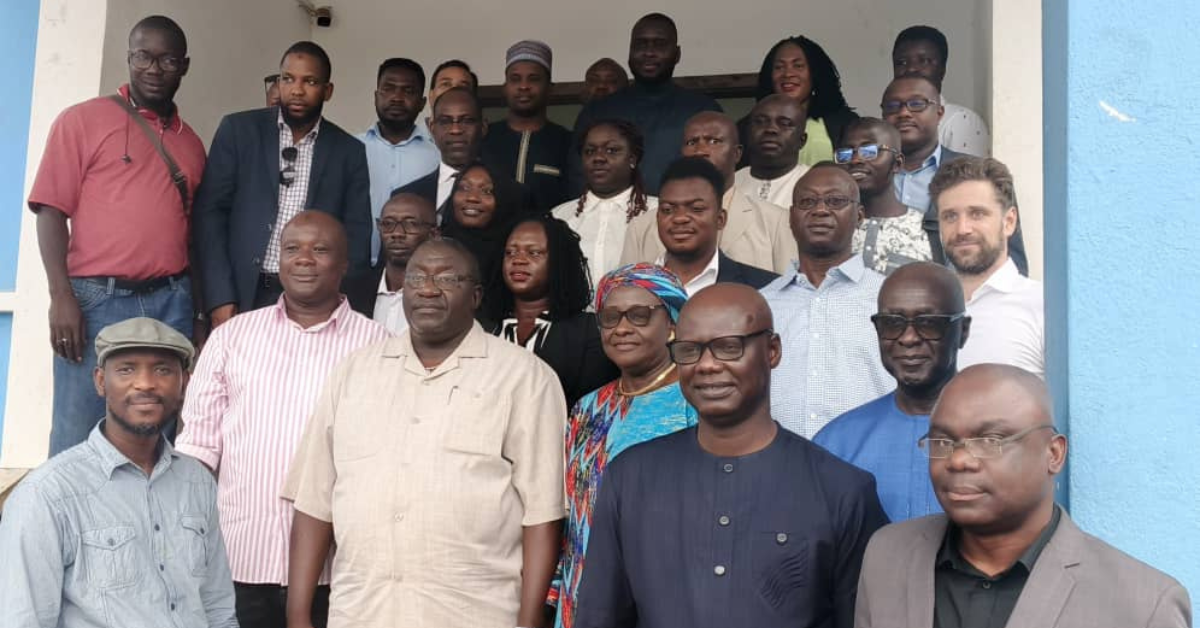In a high-profile meeting yesterday at the National Civil Registration Authority (NCRA) headquarters in Freetown, Sierra Leone’s Director General of the NCRA, Mr. Mohamed Mubashir Massaquoi, welcomed a delegation from the Republic of The Gambia to share insights on civil registration and identity management systems.
The delegation, which included key Gambian officials, visited the NCRA to understand Sierra Leone’s approach to civil registration, identity management, and the development of digital infrastructure aimed at improving national governance and service delivery.
Mr. Massaquoi expressed gratitude for the collaboration opportunity, emphasizing the role of political support from President Julius Maada Bio, along with backing from the central government and international partners, in modernizing the NCRA. He noted that this support has allowed Sierra Leone to make strides in digitalizing civil registration records, establishing a national identity card system, and expanding the national citizen database, which enhances service delivery and governance.
During the session, the NCRA’s Director of ICT, Mr. Kallon, presented an overview of the institution’s achievements and challenges since its founding. His presentation highlighted major advancements in the digitization of vital records, the deployment of a comprehensive ID card system, and the ongoing efforts to ensure inclusive national coverage. The Gambian delegation showed strong interest in the technologies and data collection strategies utilized by the NCRA, noting Sierra Leone’s success in establishing a robust and reliable identity framework.
The meeting concluded with a mutual agreement on the value of shared expertise and best practices. Both countries expressed a commitment to strengthening cooperation in civil registration and identity management, with plans for ongoing technical support and potential joint initiatives.
This collaboration aligns with Sierra Leone’s aim to position itself as a regional leader in modern identity management systems, a move seen as instrumental for socio-economic progress, governance improvements, and equitable access to social services.


 Post a comment
Post a comment 








